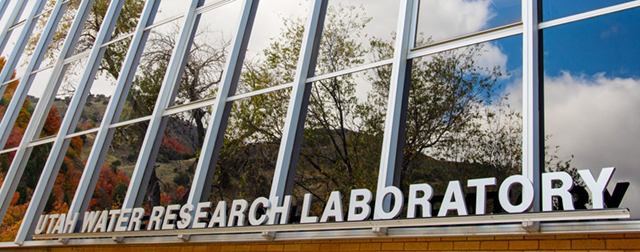Document Type
Report
Publication Date
January 1981
Abstract
Introduction: Scrubber wastes obtained in an affort to limit air pollution generated by coal-fired pwoer plants may contribute to another possible sources of pollution. To date, scrubber wastse have been in a liquid phase which causes disposal problems partially due to the liquid characteristics. The use of solid scrubber wastes and the land deposition of such wastes is proposed. The feasibility of solid scrubber wastes disposal in landfills is under question. The primary area of concern is the effect that water percolation through such wastes would have on groundwater quality parameters. Contamination could result either as precipitation travels downward through the wastes and into the water table or as the water table rises into the scrubber wastes and then retreats. Groundwater contamination is a key concern because it is largely irreversible and has long term consequences. Objective: Disposal methods for coal-fired power plant fly ask and scrubber wastes present a potential for the contamination of groundwater aquifers. In this study the general objective was to evaluate the physical and chemical characteristics of the leachates of scrubber weastes and associated disposal materials separately and in appropriate combinations using laboratory bench scale techniques. Two appraoches, namely column leaching and batch elutriation, were developed and used to provide indicators characterisitic of the materials tested.
Recommended Citation
Adams, V. Dean; Pitts, Mary E.; and Dyer, Megan J., "A Laboratory Evaluation of Leachate from the Jim Bridger Power Plant Scrubber Wastes" (1981). Reports. Paper 654.
https://digitalcommons.usu.edu/water_rep/654


